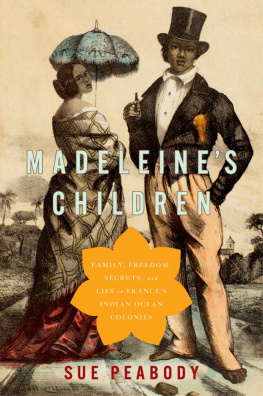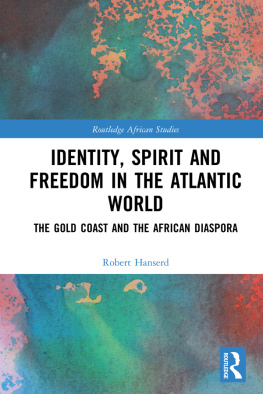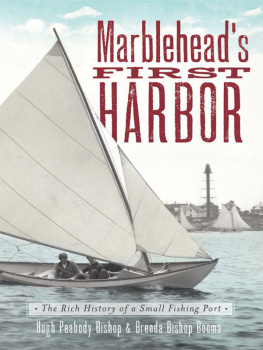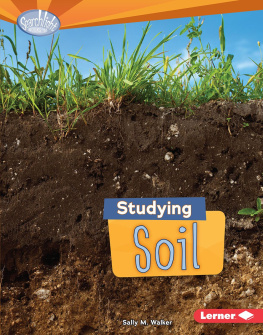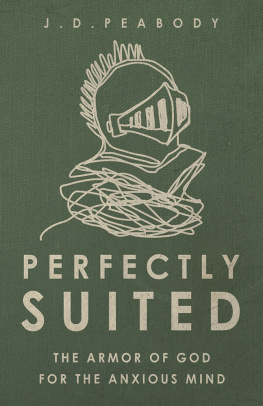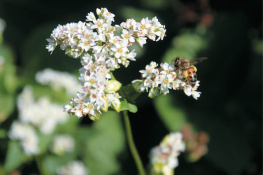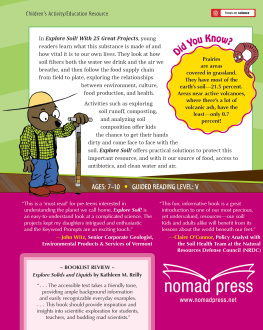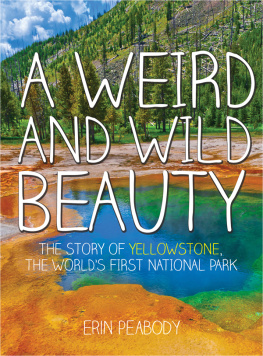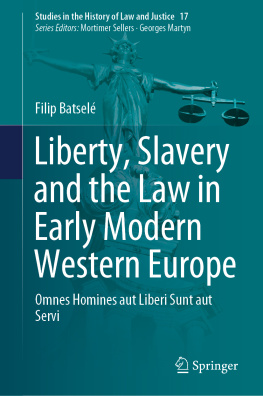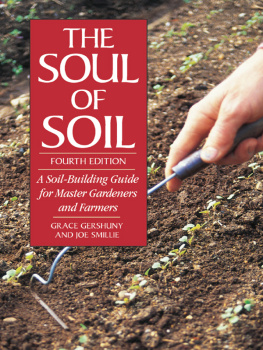Free Soil in the Atlantic World
This book examines the principle that slaves who crossed particular territorial frontiers from European medieval cities to the Atlantic nation states of the nineteenth century achieved their freedom. Based upon legislation and judicial cases, each chapter considers the legal origins of Free Soil and the context in which it was invoked: medieval England, Toulouse and medieval France, early modern France and the Mediterranean, the Netherlands, eighteenth-century Portugal, nineteenth-century Angola, nineteenth-century Spain and Cuba, and the BrazilianParaguay borderlands. On the one hand, Free Soil policies were deployed by weaker polities to attract worker-settlers; however, by the eighteenth century, Free Soil was increasingly invoked by European imperial centres to distinguish colonial regimes based in slavery from the privileges and liberties associated with the metropole.
This book was originally published as a special issue of Slavery & Abolition.
Sue Peabody is Professor of History at Washington State University Vancouver, USA. Her interests lie in slavery and race in France and its colonies.
Keila Grinberg is an Associate Professor of History at Universidade Federal do Estado do Rio de Janeiro (UNIRIO), Brazil. She is an expert on slavery, gender and the law in Brazil.
Free Soil in the Atlantic World
Edited by
Sue Peabody and Keila Grinberg
First published 2015
by Routledge
2 Park Square, Milton Park, Abingdon, Oxon, OX14 4RN, UK
and by Routledge
711 Third Avenue, New York, NY 10017, USA
Routledge is an imprint of the Taylor & Francis Group, an informa business
2015 Taylor & Francis
All rights reserved. No part of this book may be reprinted or reproduced or utilised in any form or by any electronic, mechanical, or other means, now known or hereafter invented, including photocopying and recording, or in any information storage or retrieval system, without permission in writing from the publishers.
Trademark notice: Product or corporate names may be trademarks or registered trademarks, and are used only for identification and explanation without intent to infringe.
British Library Cataloguing in Publication Data
A catalogue record for this book is available from the British Library
ISBN 13: 978-1-138-82122-4
ePub eISBN 13: 978-1-317-58872-6
Mobipocket/Kindle eISBN 13: 978-1-317-58871-9
Typeset in Minion
by RefineCatch Limited, Bungay, Suffolk
Publishers Note
The publisher accepts responsibility for any inconsistencies that may have arisen during the conversion of this book from journal articles to book chapters, namely the possible inclusion of journal terminology.
Disclaimer
Every effort has been made to contact copyright holders for their permission to reprint material in this book. The publishers would be grateful to hear from any copyright holder who is not here acknowledged and will undertake to rectify any errors or omissions in future editions of this book.
Contents
Sue Peabody and Keila Grinberg
II Medieval Europe and Urban Liberties
Sue Peabody
Stephen Alsford
III: The Northern Atlantic: New Perspectives on Free Soil
Dienke Hondius
Gillian Weiss
Richard S. Newman
IV: Iberian Atlantic Iterations of Free Soil
Cristina Nogueira Da Silva and Keila Grinberg
Mariana P. Candido
Aurelia Martn Casares and Margarita Garca Barranco
The chapters in this book were originally published in Slavery & Abolition, volume 32, issue 3 (September 2011). When citing this material, please use the original page numbering for each article, as follows:
I: Introduction
Chapter 1
Free Soil: The Generation and Circulation of an Atlantic Legal Principle
Sue Peabody and Keila Grinberg
Slavery & Abolition, volume 32, issue 3 (September 2011) pp. 331339
II: Medieval Europe and Urban Liberties
Chapter 2
An Alternative Genealogy of the Origins of French Free Soil: Medieval Toulouse
Sue Peabody
Slavery & Abolition, volume 32, issue 3 (September 2011) pp. 341362
Chapter 3
Urban Safe Havens for the Unfree in Medieval England: A Reconsideration
Stephen Alsford
Slavery & Abolition, volume 32, issue 3 (September 2011) pp. 363375
III: The Northern Atlantic: New Perspectives on Free Soil
Chapter 4
Access to the Netherlands of Enslaved and Free Black Africans: Exploring Legal and Social Historical Practices in the SixteenthNineteenth Centuries
Dienke Hondius
Slavery & Abolition, volume 32, issue 3 (September 2011) pp. 377395
Chapter 5
Infidels at the Oar: A Mediterranean Exception to Frances Free Soil Principle
Gillian Weiss
Slavery & Abolition, volume 32, issue 3 (September 2011) pp. 397412
Chapter 6
Lucky to be born in Pennsylvania: Free Soil, Fugitive Slaves and the Making of Pennsylvanias Anti-Slavery Borderland
Richard S. Newman
Slavery & Abolition, volume 32, issue 3 (September 2011) pp. 413430
IV: Iberian Atlantic Iterations of Free Soil
Chapter 7
Soil Free from Slaves: Slave Law in Late Eighteenth- and Early Nineteenth-Century Portugal
Cristina Nogueira Da Silva and Keila Grinberg
Slavery & Abolition, volume 32, issue 3 (September 2011) pp. 431446
Chapter 8
African Freedom Suits and Portuguese Vassal Status: Legal Mechanisms for Fighting Enslavement in Benguela, Angola, 18001830
Mariana P. Candido
Slavery & Abolition, volume 32, issue 3 (September 2011) pp. 447459
Chapter 9
Legislation on Free Soil in Nineteenth-Century Spain: The Case of the Slave Rufino and Its Consequences (18581879)
Aurelia Martn Casares and Margarita Garca Barranco
Slavery & Abolition, volume 32, issue 3 (September 2011) pp. 461476
Please direct any queries you may have about the citations to clsuk.permissions@cengage.com
Stephen Alsford is an independent scholar based in Ottawa, Ontario, Canada.
Margarita Garca Barranco is in the Department of Social Anthropology at the University of Granada, Spain, and the Centre of Research into International and Atlantic History (CRHIA) at the University of Nantes, France.
Mariana P. Candido is Assistant Professor in the Department of History at the University of Kansas, USA.
Aurelia Martn Casares is Professor of Historic Anthropology at the University of Granada, Spain.
Keila Grinberg is Associate Professor in the Department of History at Universidade Federal do Estado do Rio de Janeiro (UNIRIO), Researcher of the National Council for Scientific and Technological Development (CNPq) and of the Foundation of Research of Rio de Janeiro (FAPERJ), Brazil.
Dienke Hondius is Assistant Professor in the Department of History at VU University Amsterdam, the Netherlands.
Richard S. Newman is Professor in the Department of History at Rochester Institute of Technology, New York, USA.



